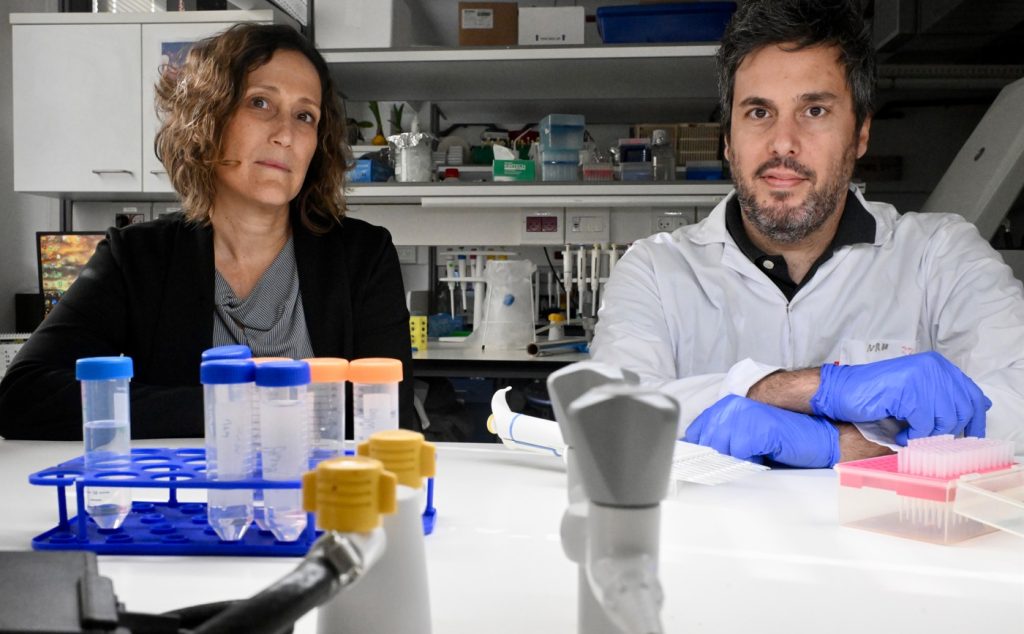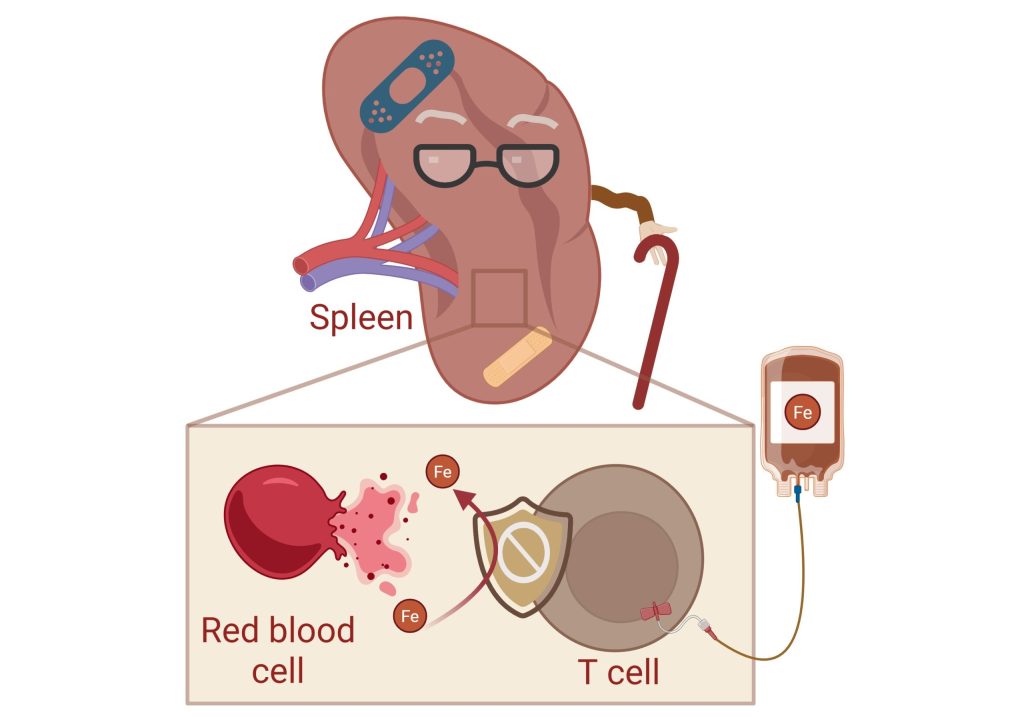A Study Conducted in the Technion Faculty of Biology Reveals a Unique Mechanism in Immune System Aging
In an article published in Nature Aging, the researchers present a framework for improving immune system function in old age
Researchers at the Technion – Israel Institute of Technology Faculty of Biology have identified a unique mechanism involved in the aging of the immune system – along with a framework for enhancing its function in older individuals. The study, published in Nature Aging, was led by Assistant Professor Noga Ron-Harel and doctoral student David Ezuz.

The human immune system weakens with age, partly because T cells – white blood cells responsible for identifying and destroying viruses and cancer cells – gradually lose their effectiveness.
The Technion researchers discovered that a key factor in this process is the aging of the spleen, a vital organ in the immune system. In addition to serving as the body’s main reservoir of white blood cells, the spleen contains a specialized region responsible for breaking down defective red blood cells and recycling their iron-rich components. This essential process becomes less efficient with age, leading to the accumulation of iron deposits and toxic by-products in the spleen. These create an oxidative environment that damages T cells. The researchers found that even brief exposure of young T cells to an “aged spleen” impairs their immune effectiveness.

Credit: Created in BioRender. Lab, R. (2025)
In response to this toxic environment, and in an effort to protect themselves, T cells reduce their iron uptake and sequester the iron already present within the cell in protein complexes that lower its availability. However, this protective mechanism has a downside: since available iron is essential for T-cell activation, their ability to respond is significantly weakened.
The researchers went beyond these findings and proposed a way to counter the decline in immune function – controlled iron supplementation at the time of T-cell activation. In experiments on elderly mice, this intervention improved the activation of aged T cells and enhanced the immune response of older mice to vaccination.
The research was supported by the European Research Council (ERC) under the Horizon 2020 program.
For the article in Nature Aging – click here



